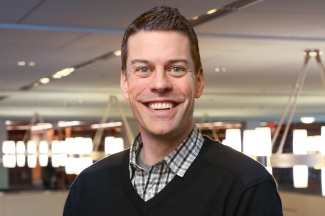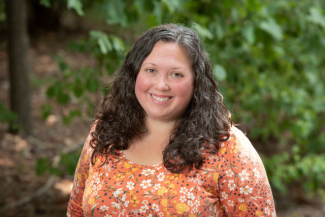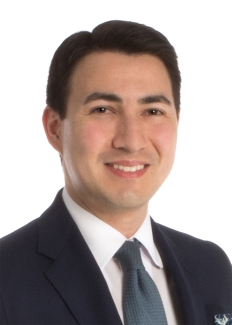People
Jeff Ward
Director, Duke Center on Law & Tech
Clinical Professor of Law
As Director, Jeff Ward oversees Duke Law’s leadership at the intersection of law and technology. He aims to ensure that emerging technologies ultimately empower and ennoble all people.
Keith Porcaro, Rueben Everett Senior Lecturing Fellow
Director of the Digital Governance Design Studio
Keith Porcaro focuses on the future of legal institutions and the legal profession in a digitizing world. The Digital Governance Design Studio supports organizations who are navigating uncertain data and technology challenges, and helps students prepare to counsel non-technical clients on digital issues.
Kelli Raker
Associate Program Director for Law, Tech & Entrepreneurship Programs
Managing Director of the Duke Law Tech Lab
Kelli Raker supports Duke’s Center on Law & Technology programs and events, including RAILS, the Duke Law Tech Lab, the Legal Design Derby, the Future of Contracts Design Derby, and other initiatives.
Jeffrey M. Kelly is a partner at Nelson Mullins Riley & Scarborough LLP, who focuses his legal practice in areas of emerging technology, particularly in areas involving data analytics, artificial intelligence, digital assets, and FinTech.
Jeff serves in several leadership positions at the intersection of law, technology, and increasing access to justice. He currently serves on the Governing Council of the American Bar Association's Center for Innovation and is the Immediate Past Chair of the North Carolina Bar Association's Future of Law Committee, both of which are charged with tracking, analyzing, and contextualizing the impact of leading edge technology on the practice of law and delivery of legal services. Jeff also serves on the Board of Directors of Legal Aid of North Carolina, and he is a Special Advisor to the North Carolina Equal Access to Justice Commission.
As a DCLT Fellow, Jeff works with the Center to facilitate multiple projects leveraging technology and design to serve unmet legal needs, with a particular emphasis on North Carolina communities and initiatives.




